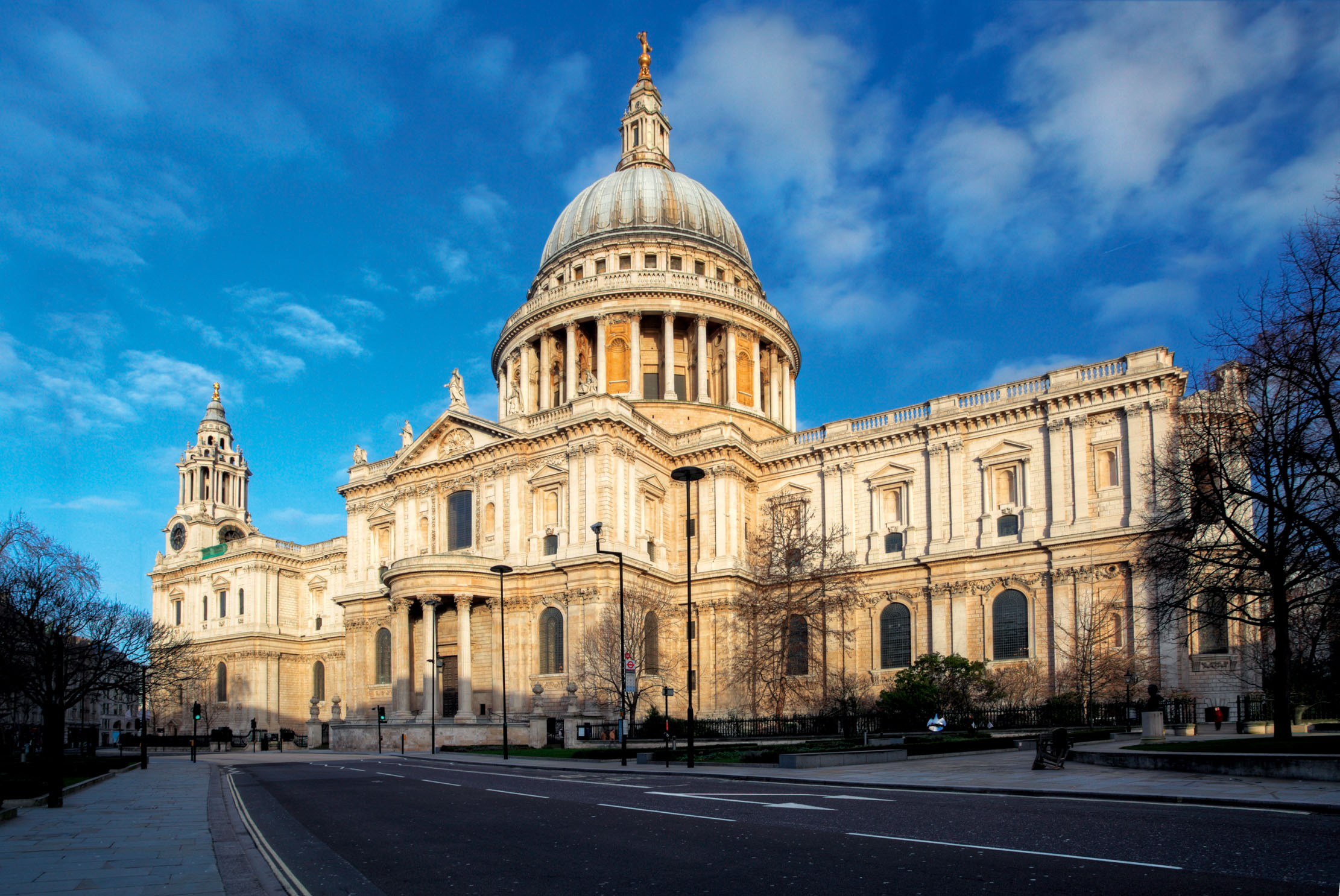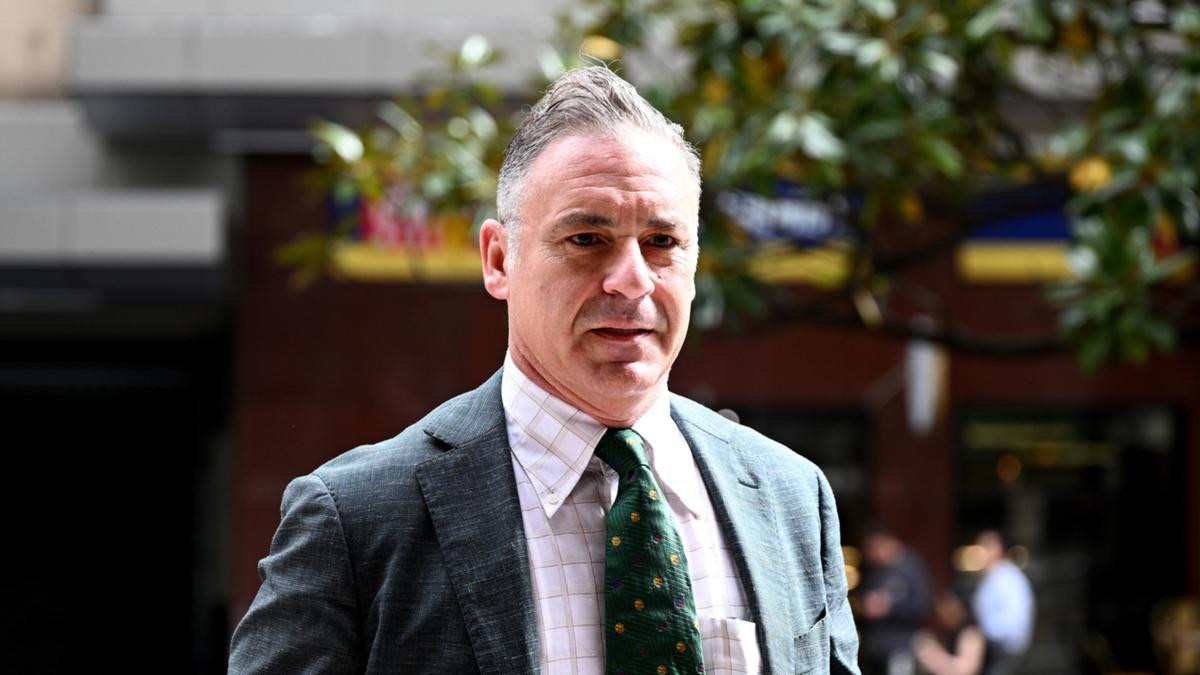As the days become darker for longer (and earlier) and the temperatures drop, many of us are beginning to think about the upcoming shift back to standard time. While most of the United States will turn their clocks back at 2 a.m. on Nov. 3, 2024, marking the end of Daylight Saving Time and the resumption of standard time, there are a few states that will not participate in this biannual practice. These states remain on standard time year-round, meaning they won't adjust their clocks twice a year.
There are actually a few states in the United States where clocks won’t “fall back” for the biannual event.
Those states are Arizona — with the exception of the Navajo Nation — as well as Hawaii. The. Puerto Rico, Guam, American Samoa, and the U.S. Virgin Islands — all of which are U.S. territories — also forgo the practice.
As for why a region would get rid of changing the clocks twice a year, USA Today explains that, specifically for Arizona and Hawaii, their proximity to the equator — and, by default, the amount of sunshine they get in comparison to other areas — is more than enough to keep daylight saving time permanent year-round.
Arizona experimented with the change beginning in 1918 but decided to opt out of DST permanently in 1968. Although the state observes Standard Time, the Navajo Nation, a Native American territory in the northeast of the state that also crosses over into New Mexico and Utah, does make the twice-a-year time shift.
Hawaii is the only other state in the US that does not observe Daylight Saving Time. Similarly, the US Pacific and Caribbean Sea territories also do not follow this practice. These regions are located close to the equator, which results in no significant difference in sunrise and sunset times throughout the year. Therefore, there are no noticeable benefits from changing the clocks an hour forward or backward.
The semi-annual time change can be a nuisance for some, prompting demands to abolish Daylight Saving Time or to implement it permanently. Currently, 29 states have proposed laws to end the bi-annual switch, with 19 having already passed laws as of October 2022 to implement year-round Daylight Saving Time.
Those states, according to the National Conference of State Legislatures, are “Colorado and Kentucky (resolution) (2022), Alabama, Georgia, Minnesota, Mississippi and Montana (2021). Idaho, Louisiana, Ohio (resolution), South Carolina, Utah, and Wyoming (2020). Delaware, Maine, Oregon, Tennessee and Washington (2019). Florida (2018)”.
California voters authorized doing so in 2018, but legislative action is pending. “Other states have commissioned studies on the topic, including Massachusetts (2017) and Maine (2021),” NCSL explains.
Several states are proposing legislation regarding Daylight Savings and Standard Time. In Nebraska, the legislation will only take effect if one of its neighboring states also passes the same legislation. In New Mexico, two bills are being considered to make either Daylight Savings or Standard Time permanent. Meanwhile, lawmakers in the Texas House overwhelmingly approved keeping year-round DST but the legislation stalled in the Texas Senate. Iowa, Maryland, New Hampshire, New Jersey, North Carolina, Virginia, Washington, and West Virginia had introduced similar legislation, but it failed to pass.
Since 1966, the Department of Transportation has the power to change time zones, and such a change would require Congressional approval. However, if a state decides to stick to Standard Time throughout the year, it won’t need to seek the federal government’s permission.
A Look at the History of Daylight Saving Time
Daylight saving time (DST) is a practice of adjusting the clock forward by one hour during the summer months to take advantage of the extended daylight hours. It was first proposed by Benjamin Franklin in 1784 and implemented during World War I to conserve energy. It was later repealed but reintroduced during World War II and has been observed in the United States ever since.
Why Some States Don't Observe Daylight Saving Time
There are several reasons why some states have opted out of daylight saving time. In the case of Arizona and Hawaii, their proximity to the equator means that they already receive ample sunlight year-round. This makes the practice of adjusting clocks for daylight saving time unnecessary and potentially disruptive. The US territories, which are also located close to the equator, have opted out of daylight saving time for similar reasons.
The Debate Over Daylight Saving Time
The debate over daylight saving time continues to rage on. Some people believe that it is a valuable practice that saves energy and reduces crime, while others argue that it disrupts people’s sleep patterns and has minimal impact on energy conservation. Some states have even passed laws to permanently adopt daylight saving time while others are pushing for a permanent return to standard time.
Conclusion
While most of the United States will be adjusting their clocks back on November 3, 2024, for those living in Arizona, Hawaii, and the U.S. territories, time will remain unchanged. The debate over daylight saving time is likely to continue, but for now, these states will continue to enjoy the benefits of year-round standard time.

















